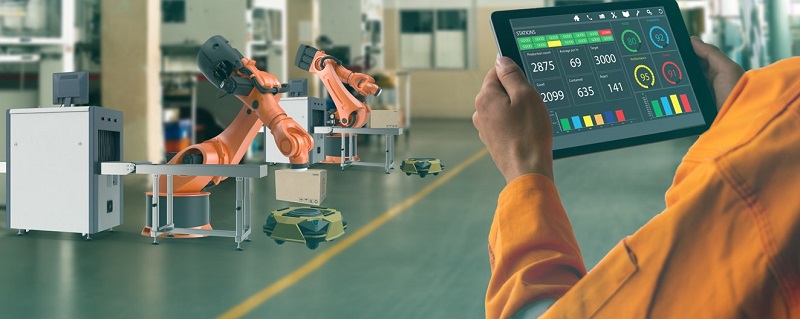The success of a business in the future, in fact forging through today, relies on addressing reskilling and education in a world where machine learning is using analytics to ultimately improve customer experience against running the numbers, and where a pandemic has made it patently obvious that to succeed in our ‘new normal’ companies need to embrace high levels of data driven digital mindset and operation.
375 million workers need some form of occupation change due to automation over the next decade
Before COVID-19 machine learning and drones were already leaving scores of our populations concerned at what necessity they would provide anticipating replacement by machines and drones, artificial intelligence (AI) and the very real impact & advancement provided by IoT (Internet of Things). The reality is that every business needs to embrace digital. But what of scale and distribution, speed and relevance – all needing data-rich capabilities?

Let’s touch on what’s changing, what has been blasted forward by a pandemic still rolling across the globe; e-commerce is on a trajectory not anticipated for a few years due to lockdowns and an adoption of greater flexibility and work from home policies; let’s look at what that’s done to money, again acceleration in digital payments and contactless payment tech; we have taken to a virtual business & personal services world via the accelerated adoption of video and voice conferencing; we are seeing an acceleration in AI powered CRM (Customer Relationship Management) platforms, services that are automated through drone technology (from food to medicine) and of course the acceleration in tele-medicine. And what of the amazing potential offered us in additive manufacturing (3D printing), yet another process made possible through the transition to digital process?
“We are looking at a future in which companies will indulge in digital Darwinism, using IoT, AI and machine learning to rapidly evolve in a way we’ve never seen before.”
Brian Solis
We know that everything is changing and fast, the question is, how do we make sure we have the right skills needed in a future we cannot predict?
According to Vala Afshar of zbnet “global estimates showed as many as 375 million workers needing some form of occupation change due to automation over the next decade. In every major recession over the last 30 years routine, i.e., easily tasks that can be automated, occupations accounted for 88% of the job loss. With significant overlap between jobs that were vulnerable to automation before, and those affected by the current economic downtown now, the urgency and scrutiny of adopting new methods and technologies will only intensify.”
First perhaps is that we need to understand and accept that we need to cultivate a data-driven culture and then explore what the skills needed for this evolution will be. We also need to take a deep dive into how we operate and stay relevant in this high-speed world of today.
Sean Rast, MD at SECORA





